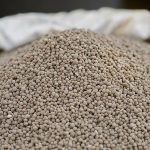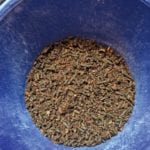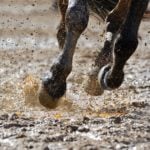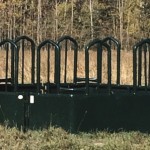
Tag Archives Horse management

Shwetz: The equine weekend warrior
Overdoing it on the weekend is not only applicable to humans

Expiry dates matter to horses too
Keep an eye on the freshness of everything from medications to feed

Care of the nursing foal
Horse Health: Mother Nature, their own mother and human caretakers all have a profound effect on the wellness of young horses

Bad habit or coping?
Horse Health: Coping behaviour isn’t a problem to fix, it’s a sign to look for the root issue

Hoof care isn’t all about the hoof
Horse Health: A horse’s lifestyle and diet can make a major difference in hoof health

Winter is the ideal season for healthy weight loss in horses
Horse Health: Hay nets are a good way to prevent horses from overfeeding during the colder months

Feeding round hay bales to horses has risks
Concentration of nutrients and overfeeding are among the potential problems

Dealing with the eight top equine emergencies
When to call the vet and what to do until he or she arrives
Owner of seized horses faces charges
Pork producers urged to speak out against proposed animal care code
Karl Kynoch says imposing a deadline for open sow housing could push some small producers out of business in 2024
Hog producers need to speak out against proposed sow housing regulations being recommended by the National Farm Animal Care Council, says the chair of the Manitoba Pork Council. Converting a stall system to open housing — a key recommendation of the proposed animal care code for pigs — would cost producers $500 to $1,000 per

